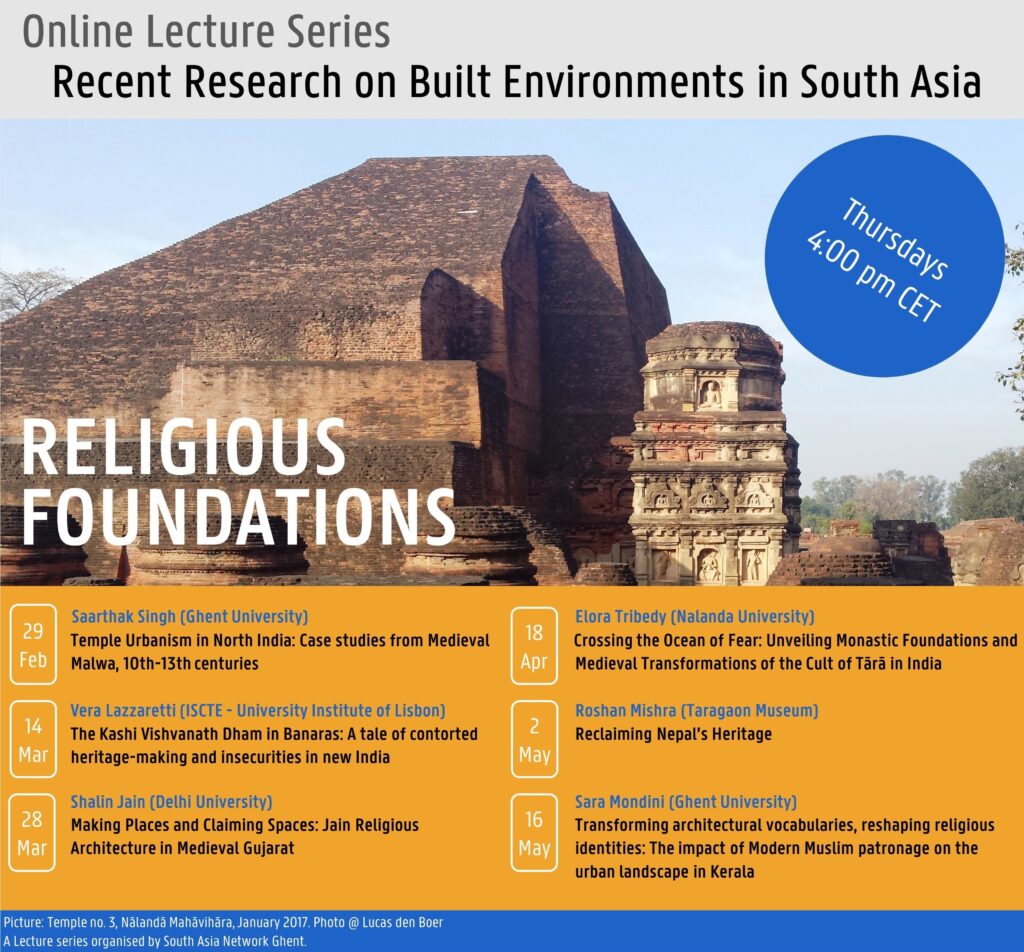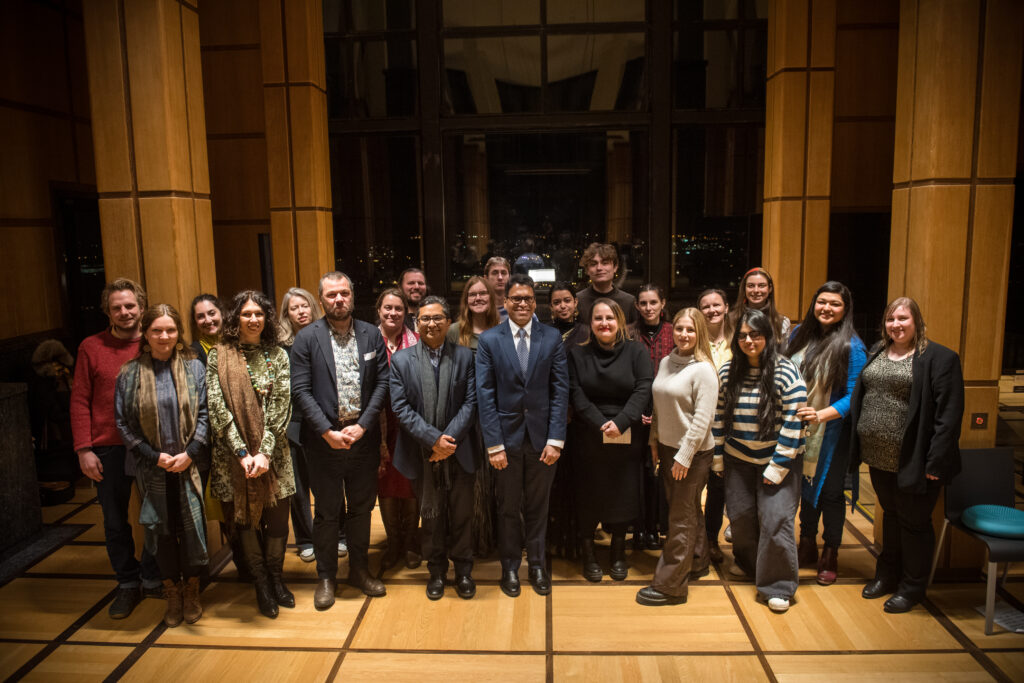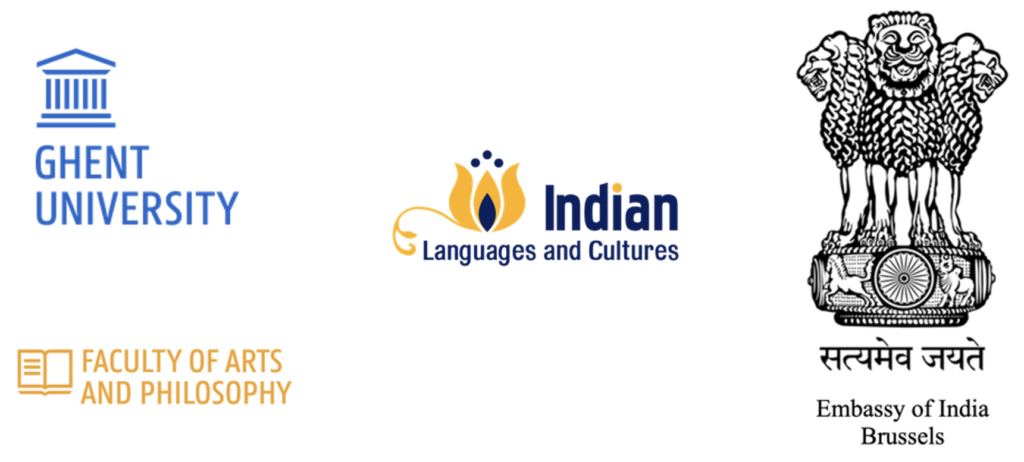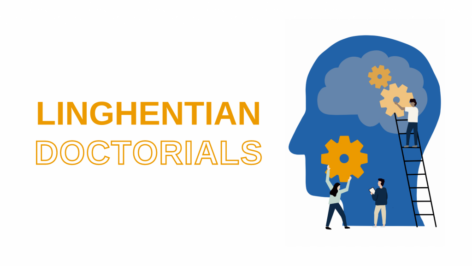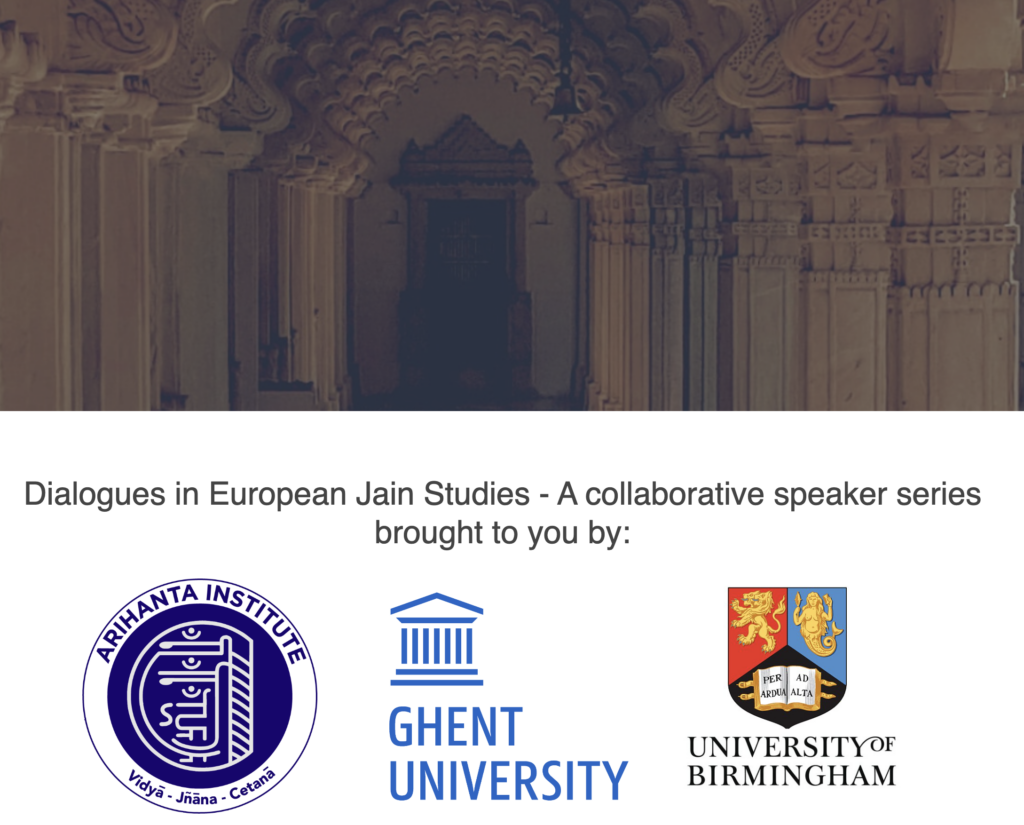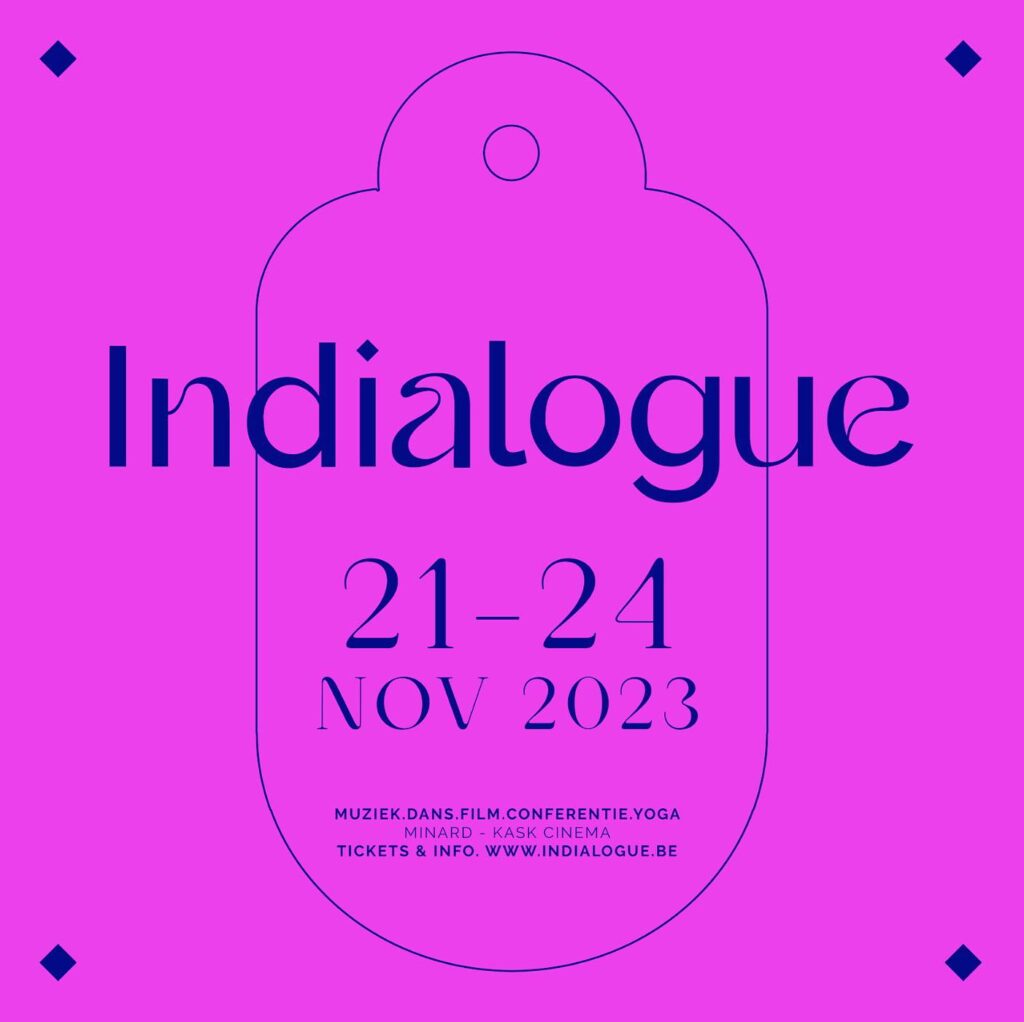Co-organised by the Department of Asia, Africa and Mediterranean, L’Orientale University (Naples) and the Department of Languages and Cultures, Ghent University.
Organisers: Stefania Cavaliere and Rosina Pastore.
The workshop will take place on 10-20 July 2024 in Procida, an island in the Gulf of Naples (Italy), at the Procida School for Higher Education.
Leading experts from India, Europe, and America will present and examine with the global readership early modern Hindi texts composed between the 16th and 19th centuries and discuss challenges of interpretation, variations, and other aspects of the texts. Academics and students with a solid foundation in Brajbhasha or another form of early Hindi, and familiarity with essential grammatical terminology in English or Hindi, are welcome to join.
The afternoon sessions of the workshop will be held in hybrid mode.
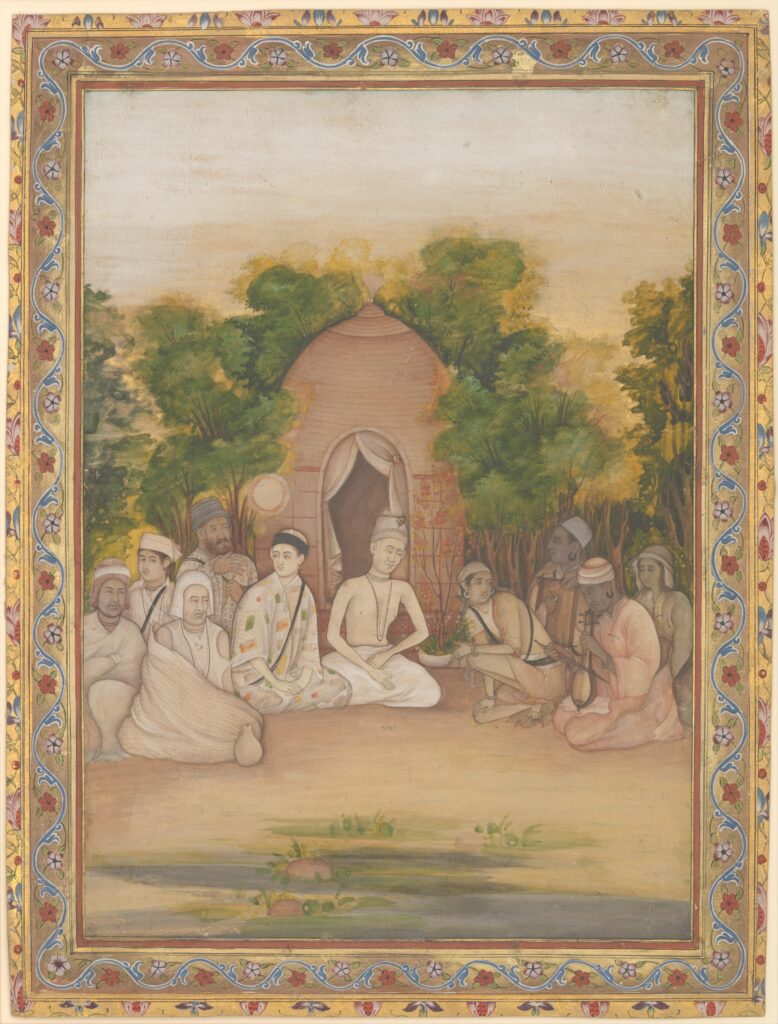
PROGRAMME
July 10, Wednesday
16:30 Welcome session lead by Imre Bangha
- Welcome party
July 11, Thursday
9:30-11 Monika Horstmann, Prithīnāth
11:30-13 Heidi Pauwels, poems by Nāgarīdās and Rasikbihārī
14:30-16 Anne Murphy, Hir-Waris Shah
- Boat trip to Procida
July 12, Friday
9:30-11 Jaroslav Strnad, Kabir
11:30-13 Monika Horstmann, Prithīnāth
14:30-16 Imre Bangha & Philip Lutgendorf, Kavitāvalī (online)
July 13, Saturday
9:30-11 Monika Horstmann, Prithīnāth
11:30-13 Heidi Pauwels, Kabir selections by Bhisham Sahni
14:30-16 Imre Bangha & Philip Lutgendorf, Kavitāvalī (online)
July 14, Sunday
9:30-11 Jaroslav Strnad, Kabir
11:30-13 Anne Murphy, Hir-Waris Shah
14:30-16 Richard Williams, Bhīmvilās by Kisnā Āṛhā
July 15, Monday
9:30-11 Richard Williams, Bhīmvilās by Kisnā Āṛhā
11:30-13 Eva De Clerq, Paümacariu, apabhraṃśa
14:30-16 Stefania Cavaliere and Giuseppe Cappello, Bhāṣā Yogavāsiṣṭhasāra
July 16, Tuesday
- Trip to Pompeii
July 17, Wednesday
9:30-11 Hanuman Prasad Shukla, tbc
11:30-13 Eva De Clerq, Paümacariu, apabhraṃśa
14:30-16 Rosina Pastore, the Ānandavilāsa by Jasvant Singh
July 18, Thursday
9:30-11 Rosina Pastore, Savaiyās by Jasvant Singh
11:30-13 Yogesh Pratap Shekhar, Barvai Nāyikābhed by Rahīm
- Trip to Ischia
July 19, Friday
9:30-11 Yogesh Pratap Shekhar, Barvai Nāyikābhed by Rahīm
11:30-13 Annalisa Bocchetti, Citrāvalī
…
- Farewell dinner
July 20, Saturday
9:30-11 Closing session chaired by Hanuman Prasad Shukla
Taking screenshots or recording the sessions is not allowed.
For more info, email to rosina.pastore@ugent.be
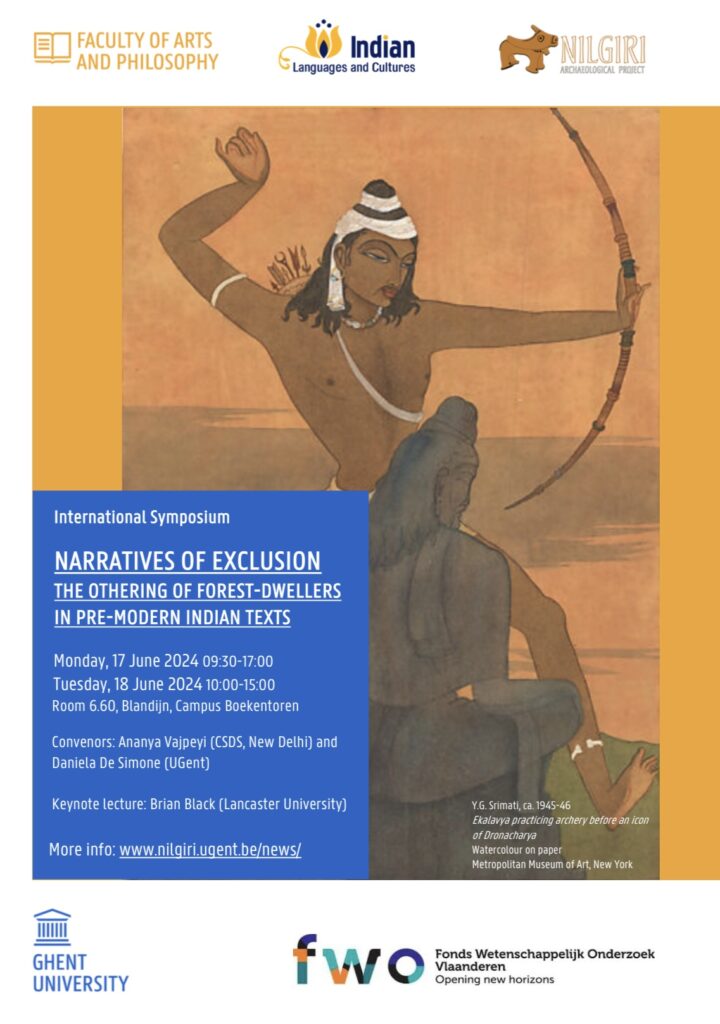 This symposium aims to explore the multifaceted portrayals of Indian forest-dwellers in pre-modern textual sources, shedding light on the complex dynamics of “othering” and its implications for understanding historical interactions between sedentary civilisations and indigenous forest communities. Drawing upon a wide array of pre-colonial texts, including religious scriptures, epic narratives, and regional historical documents, we will delve into the narratives and characterisations that have historically marginalised forest-dwellers, casting them as the “Other.”
This symposium aims to explore the multifaceted portrayals of Indian forest-dwellers in pre-modern textual sources, shedding light on the complex dynamics of “othering” and its implications for understanding historical interactions between sedentary civilisations and indigenous forest communities. Drawing upon a wide array of pre-colonial texts, including religious scriptures, epic narratives, and regional historical documents, we will delve into the narratives and characterisations that have historically marginalised forest-dwellers, casting them as the “Other.”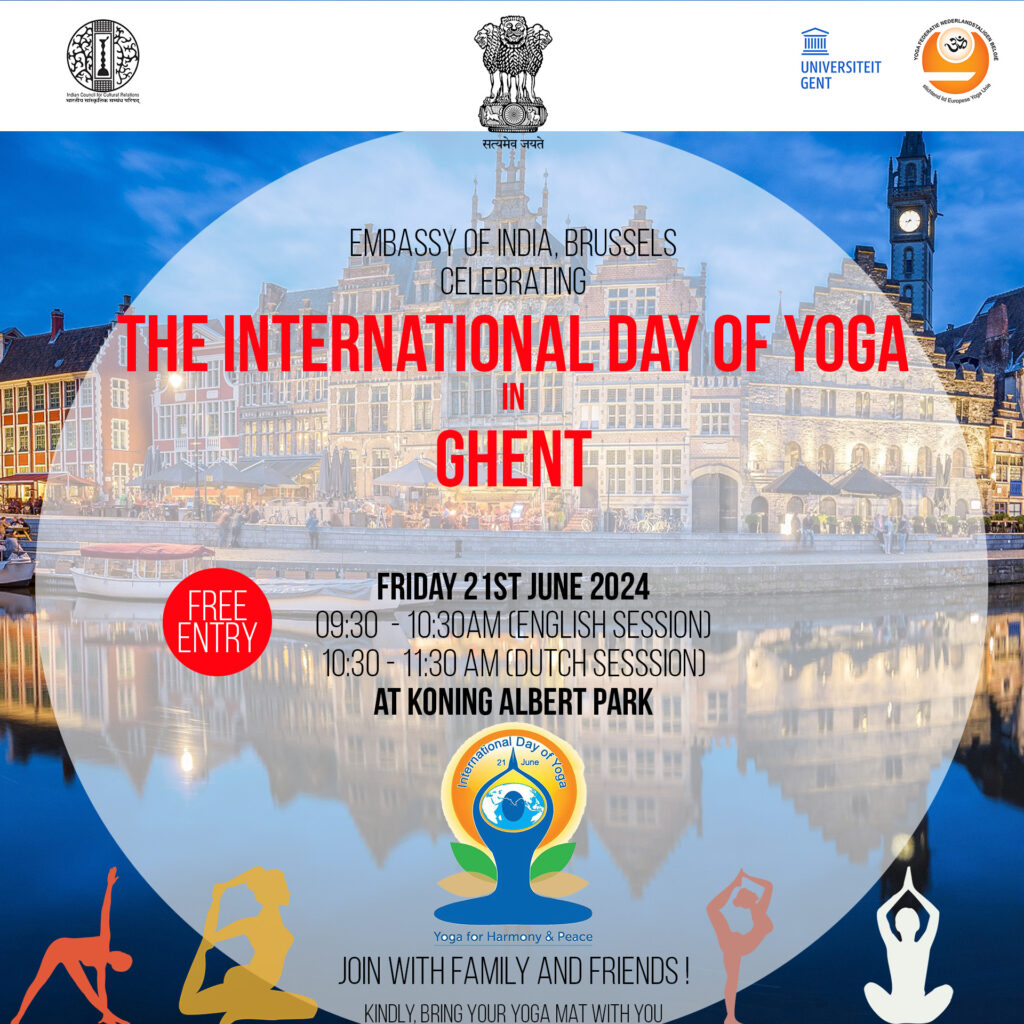
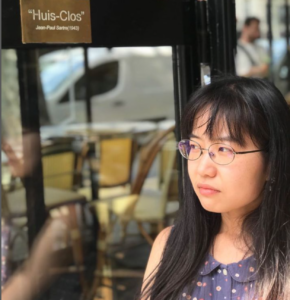 On 16th May 2024, Dr Yixiu Jiang (Leiden University) will give a lecture titled “Dreaming of Buddhahood—Measuring Bodhisattva Progress in Early Mahāyāna”.
On 16th May 2024, Dr Yixiu Jiang (Leiden University) will give a lecture titled “Dreaming of Buddhahood—Measuring Bodhisattva Progress in Early Mahāyāna”.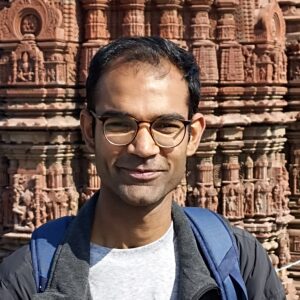 Congratulations to our Saarthak Singh, Fonds Wetenschappelijk Onderzoek – Vlaanderen (FWO) Junior Postdoctoral Fellow, for the prestigious
Congratulations to our Saarthak Singh, Fonds Wetenschappelijk Onderzoek – Vlaanderen (FWO) Junior Postdoctoral Fellow, for the prestigious 